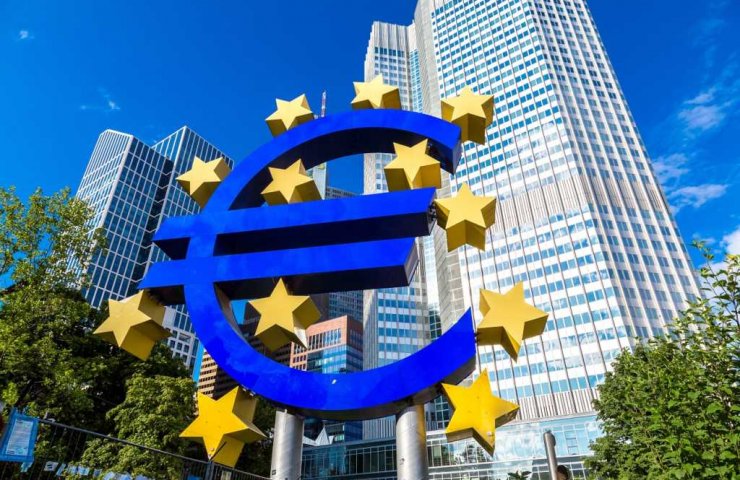The European Commission has cut growth forecasts for the euro area, which has 19 European Union (EU) countries, and for the remaining 27 EU member states, which will remain in the bloc after the UK withdraws from it, scheduled for October 31.
In the interim forecast released on Wednesday, July 10, the euro zone's economic growth is expected to be 1.2 percent this year and 1.4 percent in 2020. Economic growth for 2020 was previously projected at 1.5 percent.
At the same time, GDP growth forecast for the entire European Union is projected at 1.4 percent in 2019 and 1.6 percent in 2020.
The European Commission expects that in 2019, GDP growth in Germany will slow to 0.5 percent, and next year it will resume growth at 1.4 percent.
European Commissioner for Finance Pierre Moskovichi said about the risks for Europe and noted the growth of trade tensions.
“Several sectors have been hit hard - foreign trade and manufacturing,” he said during the presentation of the EU's interim forecast.
Moskovichi noted that economic growth is supported by a strong labor market, but there is still a risk of a deterioration in the economic outlook due to “any further escalation of trade tensions.”
ECB President Mario Draghi said his bank may have to ease its monetary policy through new interest rate cuts or asset purchases if inflation does not begin to return to target.
ECB Governing Board Member and Bank of Finland Governor Olli Rehn said in an interview with Boersen-Zeitung last week that the slowdown in the euro area should no longer be seen as a temporary slowdown and the ECB should prepare for a worsening situation.
Recall that in the summer of 2018, the United States imposed high duties on steel and aluminum with the EU. In response, the European Union raised duties on a number of American goods, including steel products, whiskey, peanut butter, Harley Davidson motorcycles and Levi's jeans. The total value of US goods subject to the new EU duties is 2.8 billion euros.
After that, US President Donald Trump threatened to introduce new duties on European cars.
Subsequently, Trump and European Commission President Jean-Claude Juncker agreed to waive all previously planned mutual penalties. They decided not to introduce new customs tariffs while negotiations continued.
In April 2019, the countries of the European Union supported the mandate of the European Commission to negotiate with the United States on the terms of bilateral trade.




